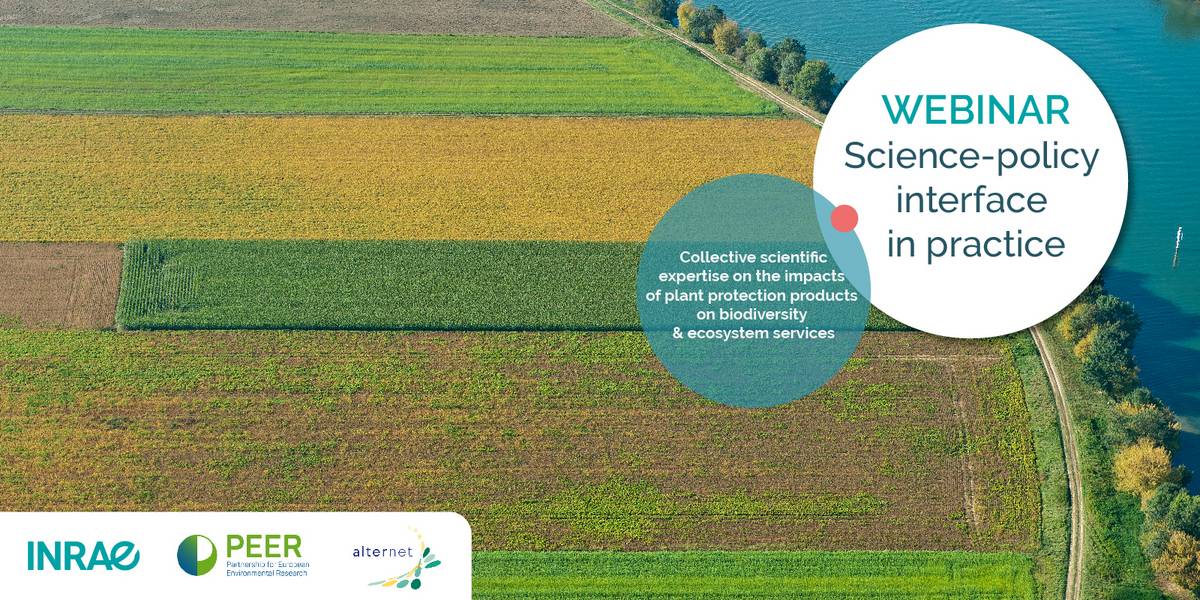
Alternet and PEER webinar: Science-policy interface in practice
INRAE is organizing a PEER-Alternet Science-policy interface webinar on January 11, from 1:30pm to 3pm CET. The webinar will focus on the example of a collective scientific expertise at the request of public authorities on the impacts of plant...
read more
